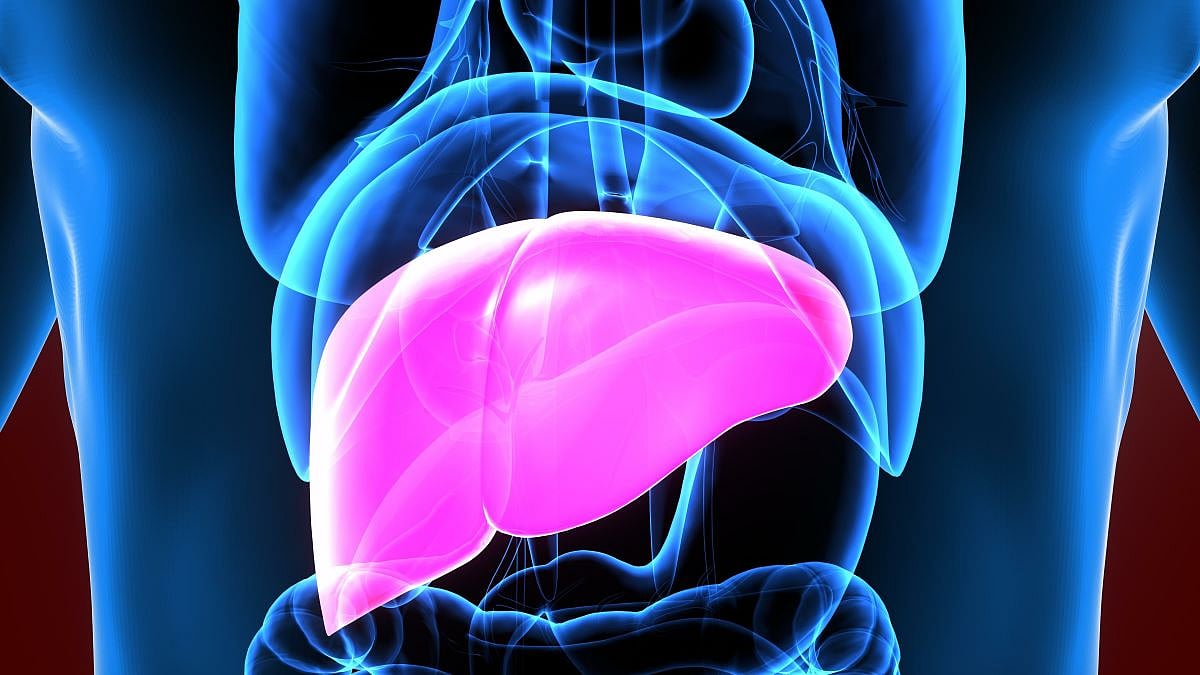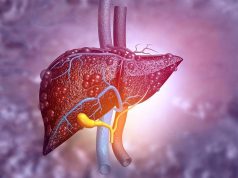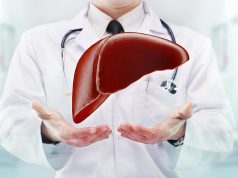No increased risk seen for congenital malformation, stillbirth, or neonatal death
By Elana Gotkine HealthDay Reporter
TUESDAY, May 20, 2025 (HealthDay News) — Metabolic dysfunction-associated steatotic liver disease (MASLD) in pregnant women is a risk factor for preterm birth, according to a study published online May 9 in eClinicalMedicine.
Carole A. Marxer, Ph.D., from Karolinska Institutet in Stockholm, and colleagues conducted a nationwide study including 240 births among 162 women with biopsy-proven MASLD compared to 1,140 matched reference births in 1,138 women to assess the risk for adverse pregnancy outcomes.
The researchers found that preterm birth occurred in 16.7 and 4.7 percent of births of women with MASLD compared with reference births, which remained increased when compared with women with overweight/obesity without MASLD. The association was seen for medically indicated preterm birth and spontaneous preterm birth. There was no increase in the adjusted odds ratio of preterm birth with MASLD severity, but the 95 percent confidence intervals were wide. The odds of cesarean section were increased in association with MASLD but not when compared with reference women with overweight/obesity. Both groups had comparable Apgar scores and similar rates of congenital malformation, stillbirth, and neonatal death.
“This nationwide study of pregnant women with MASLD confirms that MASLD should be regarded as a high-risk obstetric condition, carrying significant implications for pregnancy care,” the authors write. “Reassuringly, MASLD was not associated with abnormal birth weight parameters or other severe end points, such as neonatal death or stillbirth.”
Several authors disclosed ties to the pharmaceutical industry.
Copyright © 2025 HealthDay. All rights reserved.








